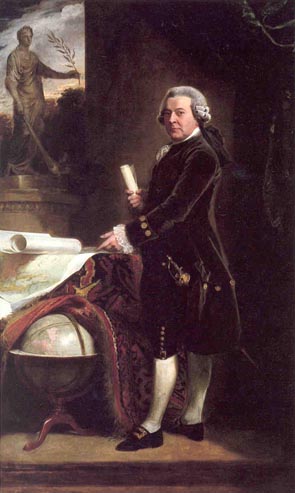
Inchoate is perhaps the best word to describe my sustained interest in the notion that somehow we can characterize the complexity of interactions using a standardized grammar or toolkit.
Sometimes small pebbles of coherence emerge from this interest, like work on characterizing the complexity of grammars for generating neural networks or interesting music production systems (after great effort, moderate diversity and connectedness is not surprisingly a requirement for both of them!)
Still, I remain a student of the general theme and so am intrigued when people like David Sloan Wilson characterize the role of religion in social cohesion as providing unique evolutionary advantage at the group level (Darwin’s Cathedral: Evolution, Religion and the Nature of Society). While arguing about group dynamics in evolutionary circles is somewhat heretical, Wilson paints a picture that once again uses language like diversity, prediction, connectivity and social support.
From some cross-over of libertarian and paleo-conservative thinking, comes another intriguing data point from The American Conservative. Yes, that’s Pat Buchanan’s magazine. Pat regularly brings up the notion of “balkanization” both in reference to the Balkans as an example of a geopolitical mess, and as a broader metaphor for the problem of diversity in modern societies, so it is not surprising to see his magazine latching onto Robert Putnam’s discourse on changing American civic involvement (Bowling Alone) and related research on the potential drivers for civic strife.
The TAC article by Steve Sailer is somewhat fragmented, jumping around through some sloppy generalizations about ethnic identities (Hispanics and Italians don’t build large organizations because they only trust extended families, for instance), and dipping into wag-the-dog-style political fervors driven by a common enemy. It ends with some minor discussion of how both religion and mandates can improve cooperation between people, with the latter example being the Army limiting career advancement among officers who discriminate.
Now I suspect Sailer and Buchanan consider this grist for a policy mill that aims to reduce immigration to the US (or perhaps be simply more selective about it), but in some ways it works against their more cherished cause of small government and limited government because, given an uncooperative, pluralistic and diverse population, one remaining channel to achieve grander visions is through government action. Government and law become the conduits for coordination by transforming distrust in others into (perhaps grudging) acceptance of institutions. Even Sailer admits as much in noting that:
In America, you don’t need to belong to a family-based mafia for protection because the state will enforce your contracts with some degree of equality before the law.
So I suspect that we have achieved a stalemate of sorts, with the benefits of diversity (I’ll just start with my restaurant options today and leave it at that…) balanced against less social cohesion, but perhaps propped up by institutions that are trusted enough that we are not always suspicious of corrupt abuses of power. That seems like a gentle enough substitution for a civil religion to me, with a more subtle organizing physics that preserves the freedom to think outside the confines of any monolithic pattern of ideation.

 Drawn-in as I am by HBO's John Adams miniseries, and by the portrayal of Adams as a flawed but principled man, I was equally impressed by the quotes that put him in context as a man of his times conflicted with the biases of his era (at The New Republic):
Drawn-in as I am by HBO's John Adams miniseries, and by the portrayal of Adams as a flawed but principled man, I was equally impressed by the quotes that put him in context as a man of his times conflicted with the biases of his era (at The New Republic):


